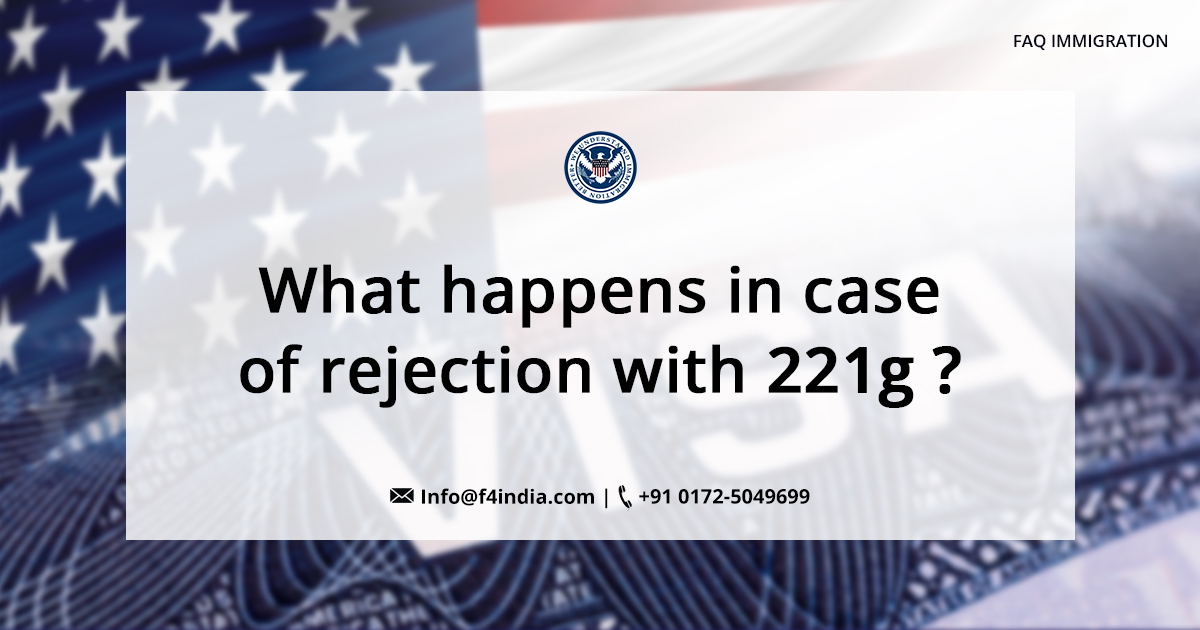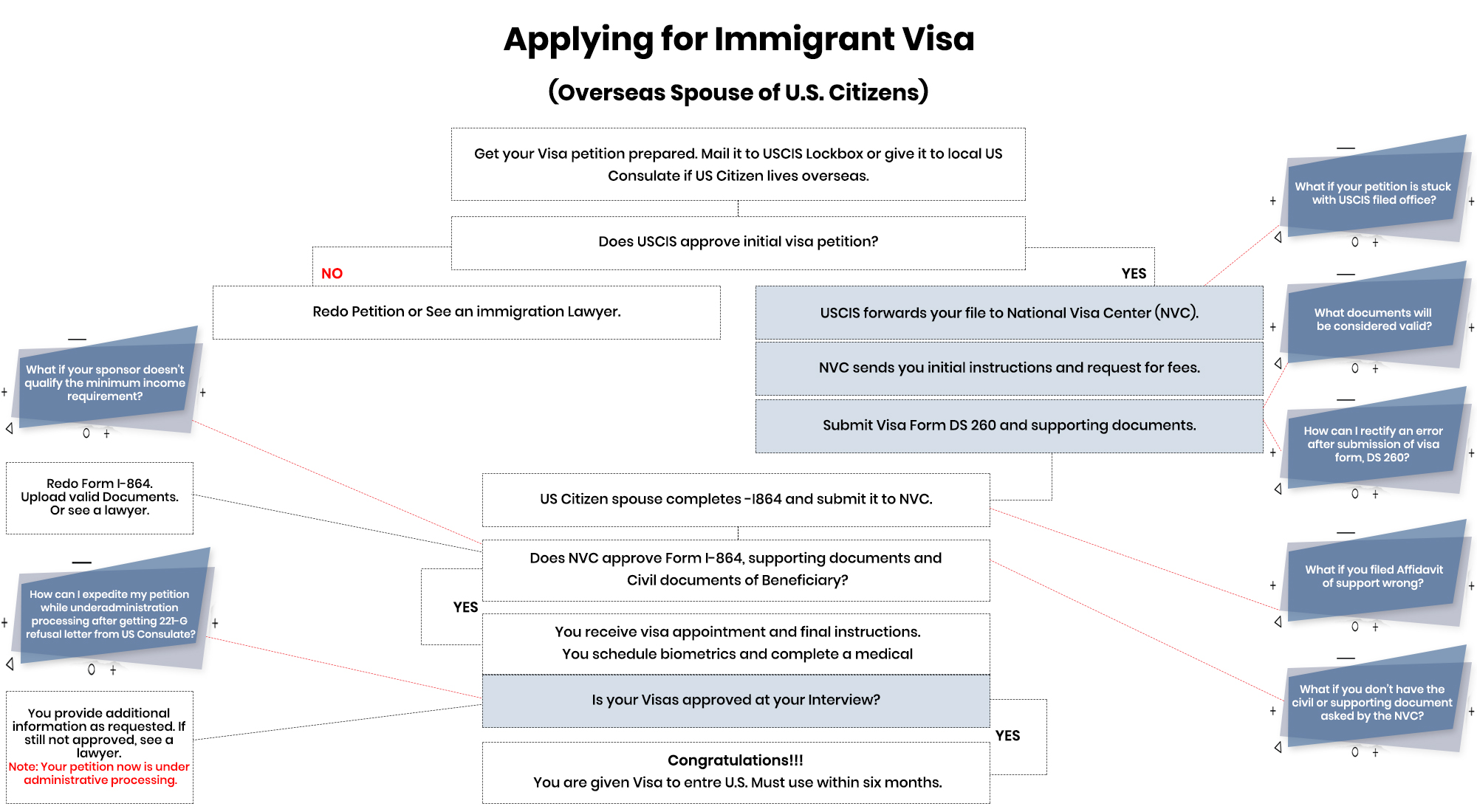What happens in case of rejection with 221g?

What happens in case of rejection with 221g?
When a visa application is subjected to a 221(g) administrative processing, it means that the application is put on hold temporarily pending further review or submission of additional documentation. A 221(g) refusal can result in different outcomes depending on the specific circumstances. Here are some possible scenarios:
Additional Documentation Requested: In some cases, the consular officer may request additional documents or information to further evaluate the application. This could include supporting evidence, clarification on certain aspects, or completion of missing paperwork. The applicant will be provided with instructions on how to submit the requested documents.
Security or Background Checks: Administrative processing may be triggered due to security clearances or background checks. This can cause delays as the case is reviewed by various agencies to ensure the applicant’s eligibility and admissibility to the United States. The processing time can vary depending on the complexity of the case and the specific requirements involved.
Case Reconsideration: In certain instances, a 221(g) refusal may lead to a re-evaluation of the case. The consular officer may take a second look at the application, review additional evidence or information provided, and make a decision based on the updated review.
Application Denial: Unfortunately, in some cases, a 221(g) refusal can result in the denial of the visa application. This can happen if the applicant fails to provide the requested documents or if the consular officer determines that the applicant does not meet the eligibility requirements or other criteria for the visa category being sought.
It’s important to note that the specific outcome of a 221(g) refusal can vary depending on individual circumstances and the discretion of the consular officer. It’s advisable to carefully follow the instructions provided by the consulate, promptly respond to any requests for additional information or documentation, and consider consulting with an immigration attorney to navigate the process effectively.


